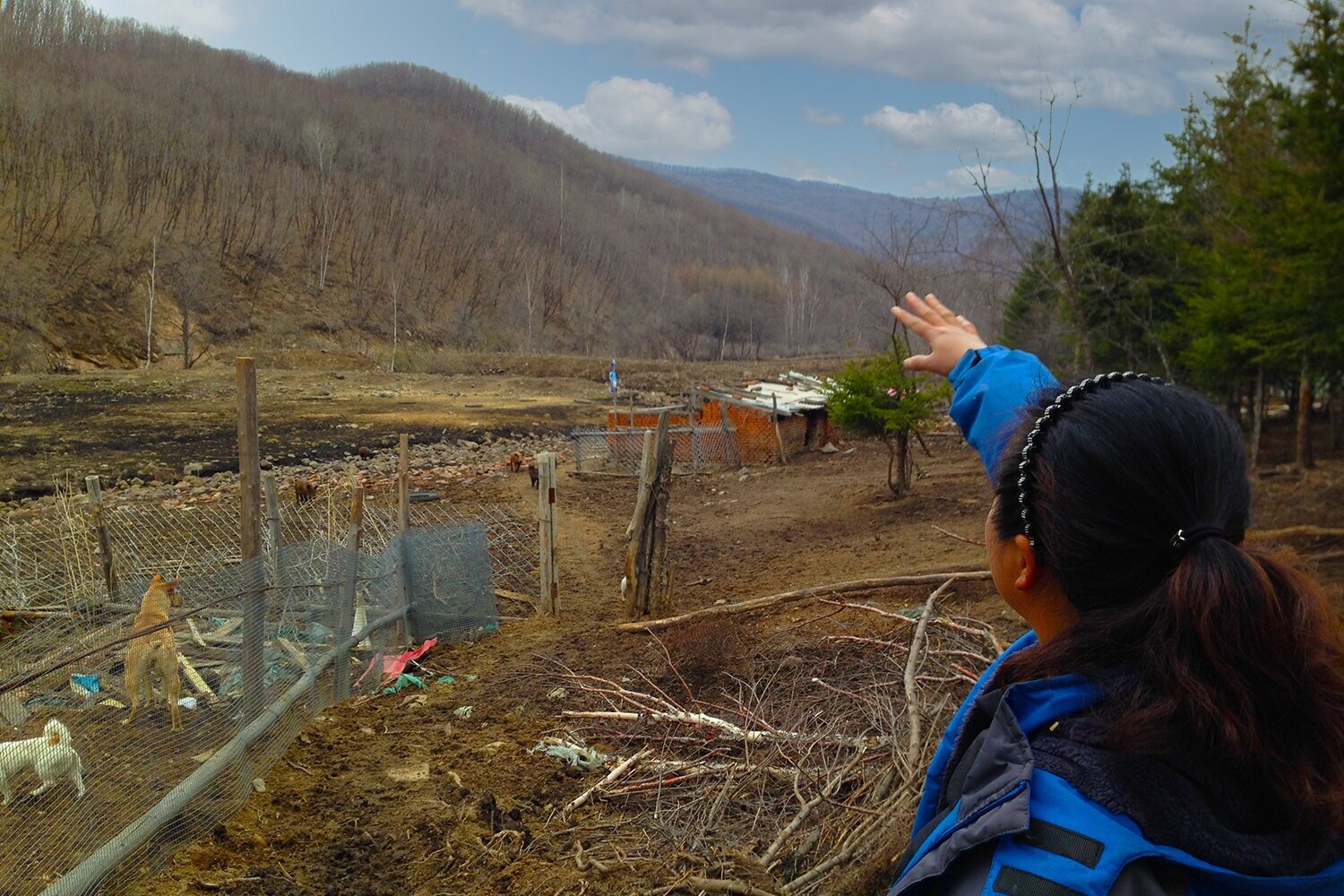Updated November 2, 2020
This was originally the fifth and final post of a series from 2015 called “North Korean Refugees Now”. Given the current state of our nation and the world, it felt timely to update this message of encouragement and hope.
North Korea has continued to make headlines in 2020
Dec 2019 - ended the year with threats towards the US of an obscure “Christmas gift”
March 2020 - launched yet another unidentified projectile into the sea near Japan
Coronavirus outbreak in neighboring China created headlines as Kim Jong Un claimed zero cases in North Korea
April 2020 - unconfirmed rumors of Kim Jong Un’s death
June 2020 - North Korea destroyed a liaison office in Kaesong (north of the DMZ) in response to “hostile” anti-North Korean leaflet campaigns by defectors in the South.
October - a new ICBM was unveiled at the 75th anniversary of North Korea’s ruling party
Kim Jong Un was also shown to cry at the the same event expressing shame of not being able to provide his citizens with economic prosperity
At the time of this update, the global impact of COVID-19 virus is as follows:
44.9M cases
30.1M recovered
1.18M deaths
“Twindemic” warning of dangerous overlap with the upcoming flu season
0 approved for full use but 6 vaccines approved for early/limited
And the 2020 US Presidential elections are tomorrow.
North Korea is as unpredictable and ruthless as ever, Coronavirus continues to have the upper hand and it is as though our country is being ripped apart.
Yet I am hopeful
What makes us at Crossing Borders the most optimistic has nothing to do with world leaders, policy decisions or the promise of a vaccine. Rather, our encounter with the hope and strength of North Korean refugees continues to amaze us; our hope in our loving Father steadies us.
One North Korean refugee who we helped early on, told us a story about his life and times in North Korean prison camps. He described the cramped cells he had to sleep in where people were packed in so tight that no one could move. They slept without mats or blankets on concrete floors and their bodies would develop sores every night from being in the same position for hours.
This young man said that during these times, he never laughed so much. The people he shared these cells with became his best friends and that there is a certain fondness he still holds for his time in what is known as the worst system of political prison camps in the world.
As we provide aid to people in our network, we also try to enjoy time together and play games with them. One very popular game we like to play is called “This is Fun.” It’s basically a staring contest where a group of people sit in a circle and try to make others laugh while not cracking a smile themselves. If you smile, you're out.
During a round of “This is Fun” with a group of refugees and orphans, one of our US staff members and a master at this game was left with one other refugee woman in the circle. This woman endured the famine, was sold, was placed in hard labor in North Korea’s prison camps, and was raising a daughter under China’s brutal zero tolerance policy for North Korean refugees. She is a strong woman.
During this round, her eyes became cold and she would not crack. The other staff members who saw the look in her eyes said it terrified them. The game ended in a draw and everyone who witnessed this was left mildly disturbed at the resilience and fortitude of this woman.
But this strong, seemingly-callous exterior is symbolic of the millions of North Koreans and North Korean refugees who have survived the worst of conditions. These people may seem cold and hardened on the outside but this is because of their impervious will to survive. It comes from a heart that would not allow the worst of all evils to bring them to dismay. It comes from people who could laugh at the most desperate of circumstances and come out without losing their minds.
This gives us great hope. It’s not for a better political future. It is the hope of these people who have endured famine and death. It is for these North Korean defectors who have seen the very worst of humanity: lying, cheating, stealing, trafficking and even cannibalism. And yet many found a way to survive and uphold their dignity.
Regardless of the tragedies and horrors these people have endured in the past, present and may face in the future, they will not be broken. In this, we see the grace of God.
O God, be not far from me;
O my God, make haste to help me!
May my accusers be put to shame and consumed;
with scorn and disgrace may they be covered
who seek my hurt.
But I will hope continually
and will praise you yet more and more.
Psalm 71:12-14
Our faith that is at the core of our work inspires and motivates us to make our organization as impactful as it can be. The spirit of these marginalized people gives us great hope. It drives us to help more North Koreans, a people certainly worth helping.



























